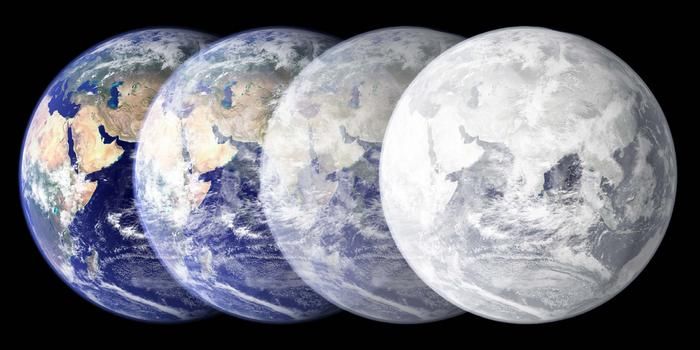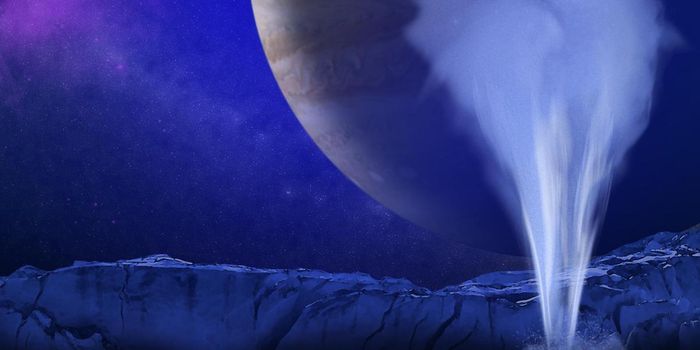This Day in Science History 8/30/1871: Birth of Ernest Rutherford Who Laid the Groundwork for Nuclear Physics
On August 30, 1871, Ernest Rutherford, who would later establish the groundwork for nuclear physics and be knighted as Sir Ernest Rutherford, was born in Nelson, New Zealand as the fourth of 12 children to James Rutherford and Martha Thompson. After receiving his formal education at free state schools through 1886, Rutherford attended the private secondary school, Nelson Collegiate School, after winning a scholarship. While at Nelson, he shined in almost every subject, but specifically in science and mathematics.
A second scholarship took Rutherford to Canterbury College in Christchurch, which was one of the four campuses belonging to the University of New Zealand. After completing the school’s three-year course, earned a bachelor od arts (B.A.) degree and won a third scholarship for a single year of postgraduate study at Canterbury. Upon his completing of the program at the end of 1893, Rutherford earned a master of arts (M.A.) degree along with first-class honors in physical science, mathematics, and mathematical physics.
Rutherford went on to conduct research at the University of Cambridge, McGill University, and the University of Manchester before later returning to Cambridge as director of the Cavendish Laboratory. His most notable scientific achievements included postulating the nuclear structure of the atom, discovering both alpha and beta waves, and also proposing the laws of radioactive decay. To compliment his scholarships earlier in his career, Rutherford won the Nobel Prize in Chemistry in 1908, and was later knighted followed by being a peer with a seat in the House of Lords.
Rutherford’s research on atomic structure and radioactivity helped paved the way physicists understood the world, along with shaping the environment regarding scientific publishing. The practice of announcing exciting results via letters to the editor in the journal Nature was also set in motion by Rutherford.
The scientists of today owe their understanding of nuclear physics to Sir Ernest Rutherford, who helped usher in both new research and how it should be published.
Happy Birthday, Sir Ernest Rutherford!
Sources: The Nobel Prize, Britannica, Science History Institute, Physics Today
As always, keep doing science & keep looking up!
Featured Image Credit: Library of Congress, Prints & Photographs Division, LC-B2- 6101-9 [P&P])
![Sir Ernest Rutherford (Credit: Library of Congress, Prints & Photographs Division, LC-B2- 6101-9 [P&P])](https://d3bkbkx82g74b8.cloudfront.net/eyJidWNrZXQiOiJsYWJyb290cy1hc3NldHMiLCJrZXkiOiJfcHVibGljXC9fZmlsZXNcL3N5c3RlbVwvY2tcL3RyZW5kaW5nXC9TaXJfRXJuZXN0X1J1dGhlcmZvcmRfTENDTjIwMTQ3MTY3MTlfLV9yZXN0b3JhdGlvbjFfNmUwODgyZjM5YWYzYTBjY2VmOWUzMjQxZjAwZWQ0Y2IuanBnIiwiZWRpdHMiOnsicmVzaXplIjp7IndpZHRoIjoxNDAwLCJmaXQiOiJjb3ZlciJ9fX0=)








